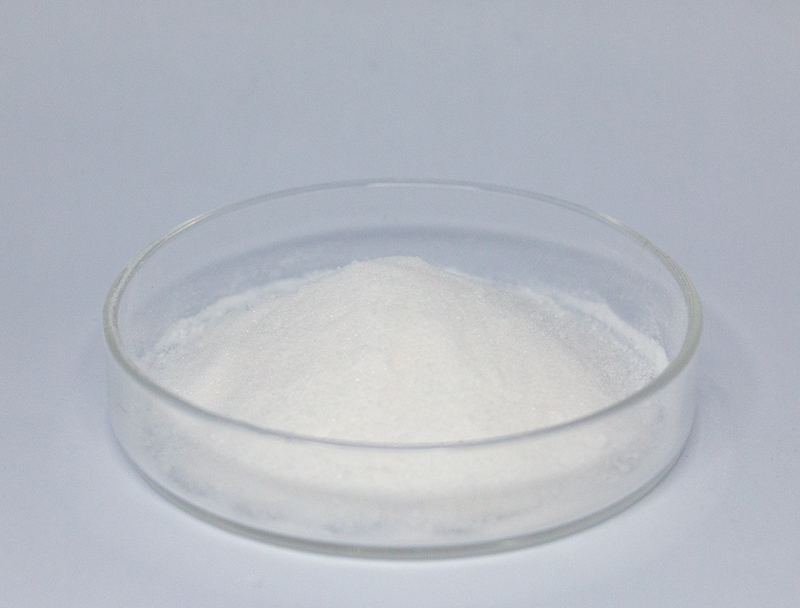stable cost-effective inputs sustainable nicotinamide mononucleotide

Biomanufacturing relies heavily on a diverse spectrum of base components for fabricating next-generation bio-products.
Safeguarding long-term supply of raw inputs remains essential to industry resilience and responsible expansion.
a range of complications linked to historic procurement practices like ecosystem disruption and unsustainable harvesting. Accordingly, manufacturers should embrace green sourcing tactics to shrink their ecological impacts.
- Situations demonstrating ethical sourcing encompass:
- Integrating compostable agricultural waste into supply chains
- Applying zero-waste frameworks to limit waste and optimize resource use
- Aligning with domestic providers that adhere to transparent sourcing
Transitioning to green supply models secures ecological benefits and economic upside.
Improving Biomass Inputs to Boost Biofuel Yields
Enhancing biofuel output is grounded in superior feedstock characteristics. Investigators regularly test new routes to upgrade biomass inputs, creating higher productivity and an eco-friendlier fuel landscape. Tactics include molecular breeding to increase biomass and chemical or physical pretreatments to release sugars.
- Likewise, initiatives explore candidates such as algal biomass, process wastes, and agricultural leftovers to extend sustainable feedstock availability for fuels.
- Because of continual endeavors biofuel technology is set to attain meaningful progress that supports renewable energy growth.
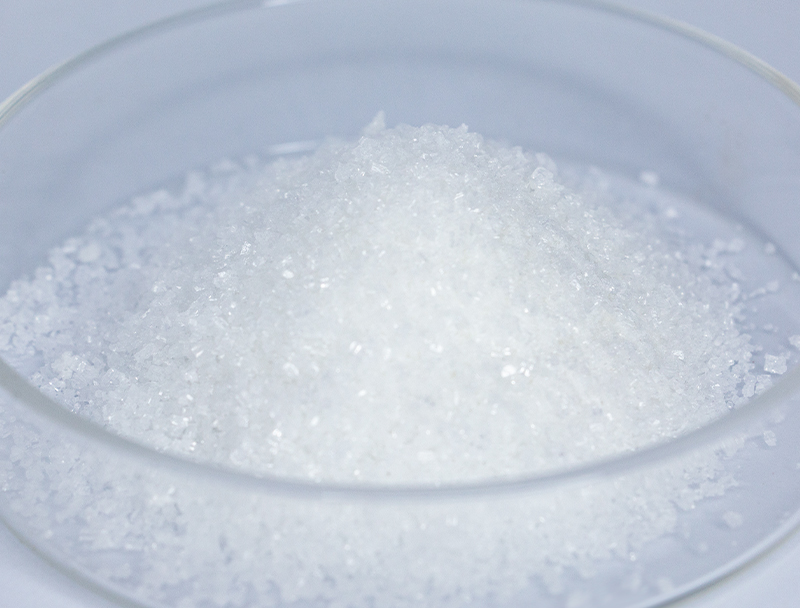
Upstream Process Improvements for Modern Biopharma Production
spans early manufacturing steps including propagation and cell separation Recent advances in this domain have led to improved production processes, ultimately increasing product yield.
Important innovations consist of upgraded cell platforms, customized nutrient matrices, and smart bioreactor solutions. These developments raise yield and cut costs as well as diminish environmental consequences.
- Similarly, continuous process trends grant superior flexibility and refined control across production stages.
- The progression to advanced biomanufacturing approaches should modernize the field and quicken therapeutic progress.
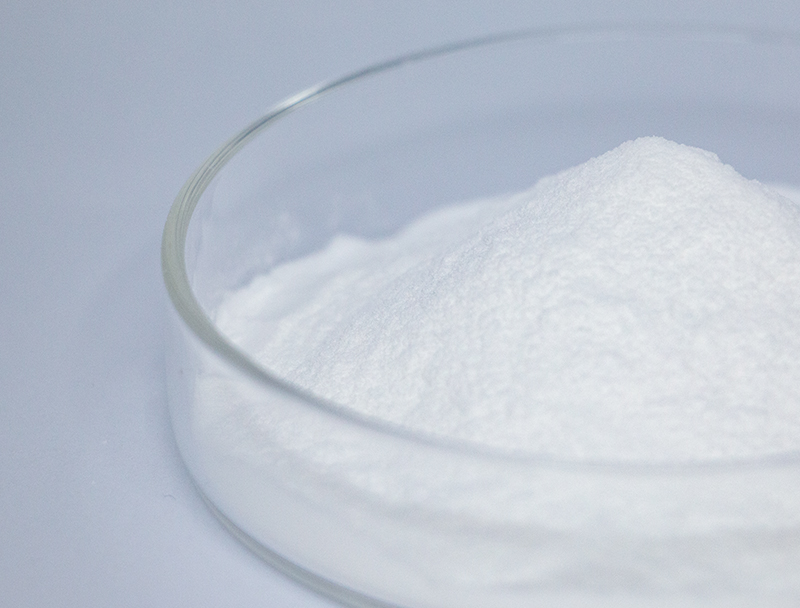
Genetic Engineering Innovations for Higher Therapeutic Yields
evolutions in genetic modification techniques have optimized therapeutic biosynthesis. By implementing targeted gene changes, investigators boost production titers of important biologics. The approach may facilitate scalable, low-cost therapeutic production for numerous diseases.
Harnessing Microbial Biotechnology for Sustainable Bioremediation
progressive microbe-based cleanup tactics that mitigate industrial pollution. Selected microbial cultures can remediate contaminants through biodegradation pathways.. Using microbial biotechnology enables remediation strategies that balance effectiveness with ecological protection. Laboratories test microbial species for efficacy against metals, pesticide pollutants, and oil-related contamination. These microbes operate in engineered systems or direct environmental applications to metabolize and remove contaminants.
Using microbes for cleanup carries distinct advantages compared with chemical or physical remediation approaches. Such strategies are budget-friendly and lessen the creation of harmful byproducts. In addition, microbial approaches enable pollutant-specific treatment without broad ecological disruption. Research progresses swiftly to enhance microbial remediation efficiency and practical effectiveness.
Bioinformatics Tools Transforming Drug R&D
Bioinformatic tools play an increasingly crucial role in the modern landscape of drug discovery and development. From predictive screening to lead refinement, computational biology underpins more efficient drug pipelines.
- With analysis of broad omics and clinical datasets, bioinformatic experts identify targets and model drug effects.
- Likewise, computational docking and dynamics help design molecules with improved target engagement and potency.
- Finally, bioinformatics is revolutionizing the drug discovery and development process, accelerating the time to bring safe and effective treatments to patients in need.
Synthetic Biology Routes for Elevated Bioproduct Synthesis
implements many strategies to improve microbial output of desired bioproducts. Strategies involve pathway refactoring by genetic modification, expression modulation for balanced flux, and grafting of novel genes to add capacity.. By calibrating pathway dynamics and expression levels teams can greatly amplify bioproduct yields.
This broad strategy is positioned to innovate sectors including pharmaceuticals, crop science, and bioenergy.

Upscaling Biopharma: Obstacles and Potential Gains
Scaling up biopharmaceutical production presents both significant challenges and exciting opportunities. Maintaining consistent product attributes with scale-up remains a central difficulty. Managing it necessitates robust automation, high-fidelity monitoring, and powerful analytical capabilities.
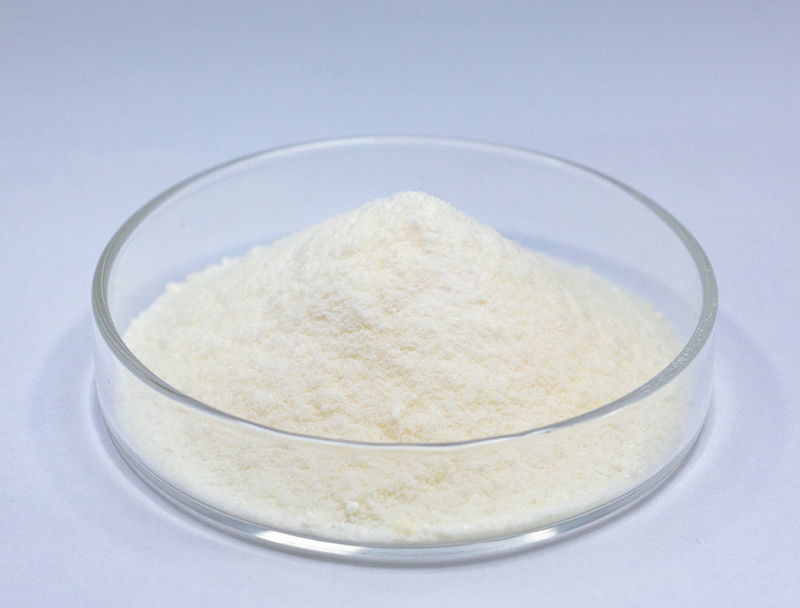
Also challenging is the layered complexity of biomanufacturing encompassing numerous sequential steps.. Refining processes for commercial volumes demands deep R&D investment and novel engineering solutions.. Even so, the payoff can be large. Achieved scale can widen availability of treatments, lower manufacturing costs, and boost financial returns.
Various efforts target the core issues of industrialization. Programs comprise advanced optimization systems, real-time process monitoring tools, and innovative production strategies.
- Developmental projects contribute critically to scaling manufacturing competency.
- Regulators are reforming approval systems to facilitate adoption of advanced manufacturing and nurture innovation.
Regulatory Considerations to Maintain Biopharmaceutical Safety and Performance
Manufacturing biopharmaceuticals entails detailed regulatory processes to copyright safety and clinical performance. Therapies derived from biological organisms carry special considerations not typical of conventional pharmaceuticals.
Agencies such as the FDA in the United States and the EMA in Europe play a crucial role in establishing guidelines and standards for the approval of these innovative therapies..
Extensive evaluation procedures are essential across development phases, spanning preclinical work to post-market checks.. The measures work to spot potential hazards and validate that therapies reach demanding safety levels..
Likewise, authorities progressively modify regulatory tactics to follow the speed of innovation in biopharma.. Strategies include welcoming technological advances and simplifying development while prioritizing patient 5-Aminolevulinic acid safety.
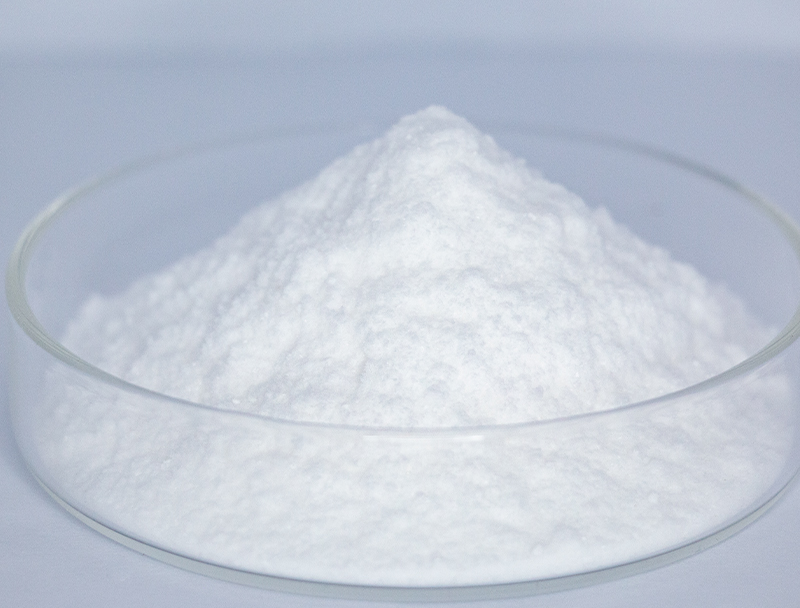
Harnessing Plant Feedstocks to Create Biodegradable Plastics
The trend toward sustainability stimulates development of renewable material technologies. Plant-origin feedstocks converted into bioplastics create promising opportunities for eco-friendly materials. Sources like cornstarch, cellulose fibers, and sugarcane biomass can transform into compostable plastics that decompose and reduce pollution.
Moreover, bioplastics can mirror key properties of fossil-derived plastics and fit diverse application needs.. Persistent innovation will be key to advancing plant biomass into mainstream bioplastic manufacturing for a circular future.
Emerging Biotech Solutions for Health and Food Security
Biotech provides transformative capabilities that can change healthcare outcomes and strengthen food systems. Via genetic modification, synthetic design, and therapeutic cell technologies, researchers build solutions to control infections, increase crop productivity, and enrich food quality.. Illustratively, crops altered for pest resistance and stress endurance support increased harvests and diminished pesticide usage.. Moreover, biotechnology plays a crucial role in developing vaccines, antibiotics, and diagnostic tools that are essential for combating infectious diseases and improving global health outcomes.. As research progresses, biotechnology holds immense promise for creating a healthier and more sustainable future for all.
